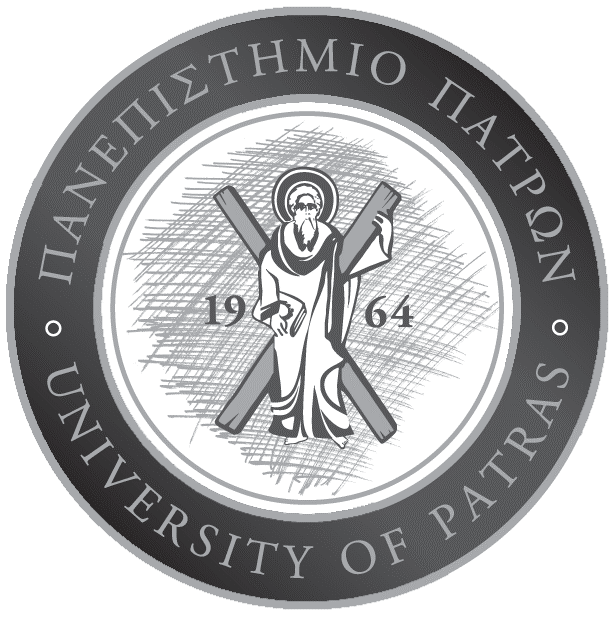Information
| Course Code | ECS04 |
| Semester | 1 |
| Category | |
| ECTS Credits | 8 |
| Eclass |
Professors
Proposed Bibliography
- Fiore M. James, Embedded Controllers: Using C and Arduino, version 2.0, May 2015.
- Boxal John, Arduino Workshop: A Hands-on Introduction with 65 Projects, No Starch Press, 2013.
- Gertz Emily, Di Justo Patrick, Environmental Monitoring with Arduino, O’Reilly, 2012.
- Wheat Dale, Arduino Internals, Apress, 2011.
- Banzi Massimo, Getting Started with Arduino, O’Reilly, 2011.
- Evans Brian, Beginning Arduino Programming, Apress 2011.
- Purdum Jack, Beginning C for Arduino, APress, 2012.
- Pajankar Aswin, “Raspberry Pi Computer Vision Programming”, Packt Publishing, May 2015.
Course Description
- Introduction: Systems of signal receiving and registering, microcontrollers and sensors, embedded systems.
- Introduction to sensors: General features – limitations, types and arrays of sensors, connection and calibration techniques
- Architecture of Microcontrollers: Families – categories of microcontrollers, Arduino platform (structure and features)
Structure – capabilities and basic architecture features of Atmega 328, Peripheral units and interrupts.
- Introduction to Arduino programming: Arduino IDE environment, programming of microcontrollers using C, structure of Sketch, types of data / operators. Development and call of functions, call of functions from libraries, creation of libraries. Bitwise operators and management of registers.
- Architecture and programming of Atmega328 peripheral units: Management of digital and analog inputs/outputs, management of timers and interrupts. Communication SPI, I2C and Ethernet with serial interface.
- Systems of receivers, registers and computers: Management tools of signal receiving and registering to computers. Basic Features, Organization and management of information data. LabView and systems of data collection. Applications and systems examples.
- Introduction: Raspberry Pi 3 and system on chip (SoC) architectures. IoT and monitoring/recognition architectures. Operating systems and Python programming


